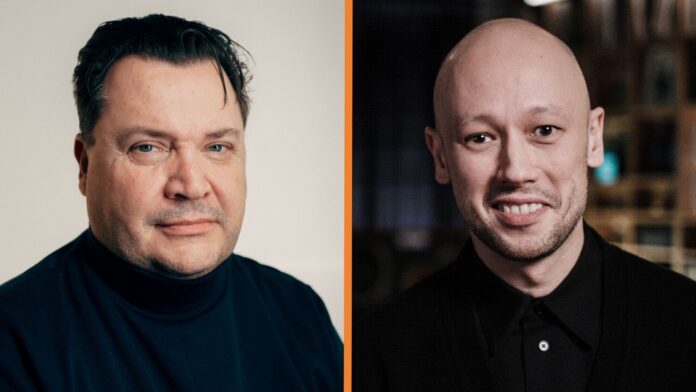As predicted, Spotify has inked another key licensing agreement, this time with amra, the global digital licensing collection society.
The multi-territory, multi-year renewal deal covers digital mechanical and performing rights across amra’s global footprint.
That footprint sees amra collect licensing royalties for its clients in an array of markets outside the United States, including Southeast Asia, India, Australia, Brazil, and Japan.
The new agreement follows Spotify’s direct licensing deal with Kobalt last week, which covered only US operations.
Kobalt’s catalog is globally licensed outside the US by amra. Indeed, amra is a sister company of Kobalt, representing both Kobalt’s rights and those of third-party clients.
Alex Norström, Co-President & Chief Business Officer, Spotify, said: “This deal with amra increases our support of publishers and songwriters with new rights.
“It expands the benefits of streaming for writers, artists and rightsholders and unlocks additional value for fans as we deliver music around the world.”
“This deal with amra increases our support of publishers and songwriters with new rights.”
Alex Norström, Spotify
“It expands the benefits of streaming for writers, artists and rightsholders and unlocks additional value for fans as we deliver music around the world.”
In a media release confirming the partnership, Spotify and amra said their new deal is “designed to deliver greater flexibility and value to amra’s songwriter and publisher clients.”
“Our priority and mission at amra is and will always be to maximize the digital value for our songwriter and publisher clients and to ensure their works are protected and valued fairly in the marketplace.”
Tomas Ericsson, amra
Tomas Ericsson, CEO of amra, commented: “Our priority and mission at amra is and will always be to maximize the digital value for our songwriter and publisher clients and to ensure their works are protected and valued fairly in the marketplace.
“This partnership with Spotify, which enables new innovation, reaffirms that commitment. We look forward to continuing to work with Spotify over the coming years.”
Spotify’s direct licensing strategy in the US market – as seen with the new Kobalt deal – follows the company’s controversial decision to reclassify its Premium subscription tiers as “bundles,” which resulted in Spotify paying a lower mechanical royalty rate to publishers and songwriters in the United States.
Under a 2022 legal settlement called Phonorecords IV, music publishers and music streaming services agreed that ‘bundle’ services in the US are permitted to pay a lower mechanical royalty rate to publishers and songwriters than standalone music subscription services.
These concerns prompted the Mechanical Licensing Collective (MLC) to sue Spotify in May 2024 for allegedly underpaying royalties to songwriters and publishers. The lawsuit was dismissed in January, and the MLC asked the court in February to reconsider the dismissal.
In June of this year, two US senators called on the US Federal Trade Commission to investigate Spotify. Senators Marsha Blackburn, a Tennessee Republican, and Ben Ray Luján, a New Mexico Democrat, sent a letter to FTC Chairman Andrew Ferguson, saying: “We have serious concerns about Spotify’s recent move to convert all of its premium music subscribers into different—and ultimately higher-priced — bundled subscriptions without their knowledge or consent.”
Universal Music Publishing Group and Warner Chappell Music have since signed direct licensing deals with Spotify to override the bundling discount.
MBW understands that Spotify is currently in talks with Sony Music Publishing about a new deal.
Music Business Worldwide


